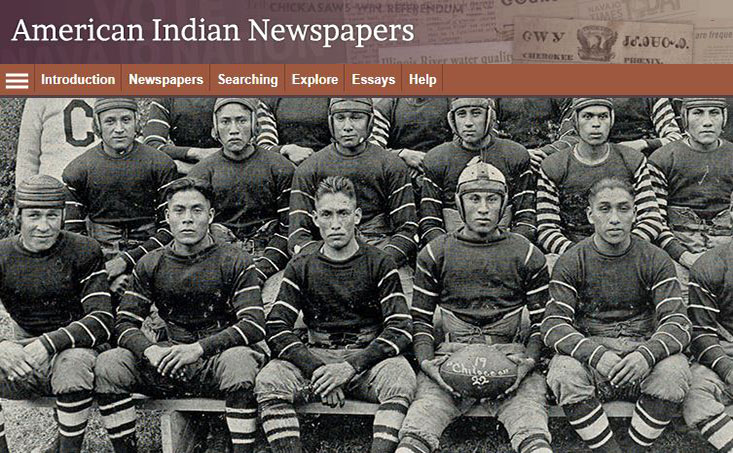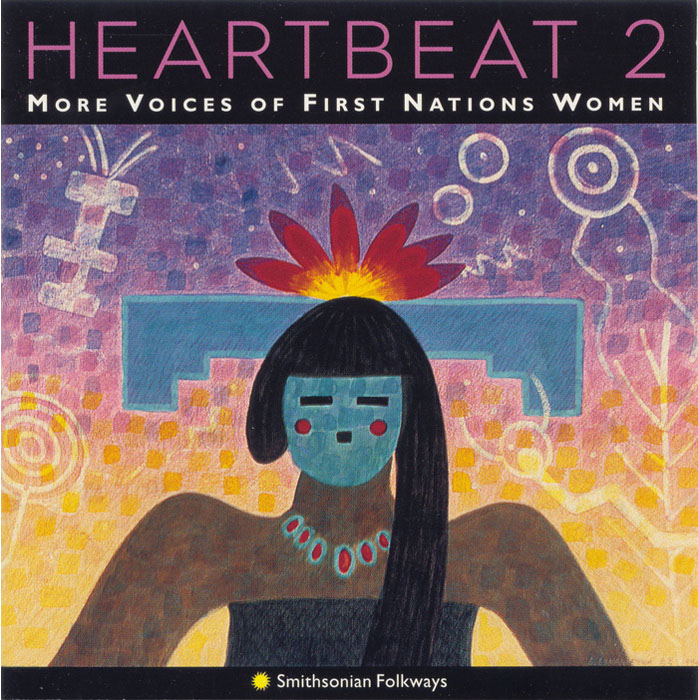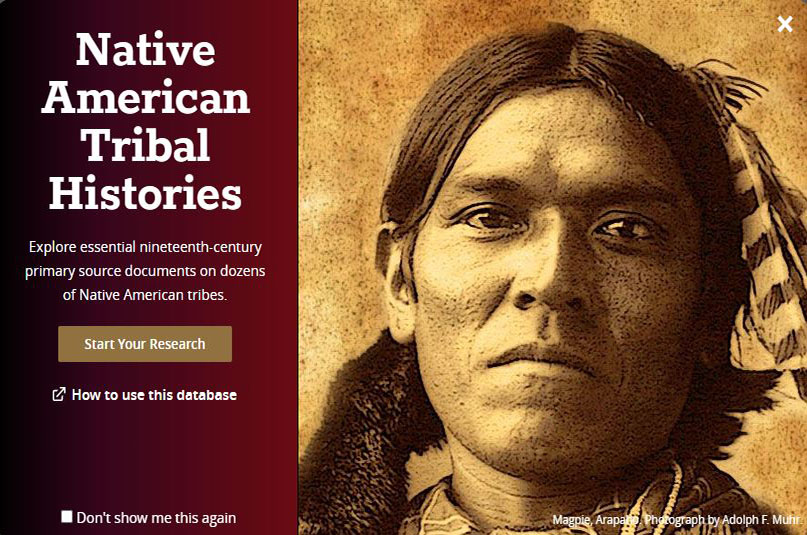Emory Libraries Celebrates Native American Heritage Month 2022
 November is Native American Heritage Month, also called American Indian and Alaska Native Heritage Month. The first American Indian Day was celebrated by a few state governments shortly after the turn of the 20th century, but it wasn’t until 1990 that the federal government proclaimed the month of November as a time to recognize the many significant contributions Native Americans made to the establishment and growth of the US.
November is Native American Heritage Month, also called American Indian and Alaska Native Heritage Month. The first American Indian Day was celebrated by a few state governments shortly after the turn of the 20th century, but it wasn’t until 1990 that the federal government proclaimed the month of November as a time to recognize the many significant contributions Native Americans made to the establishment and growth of the US.
Prior to European contact, around 500 distinct indigenous languages were spoken in North America. You can see some of this diversity in the National Atlas of Indian Tribes, Cultures & Languages, free from the Library of Congress. According to the 2010 Census, only around 169 of these languages are still spoken by less than half a million people. Explore the languages and revitalization efforts around the world at the Endangered Languages Project.
In North America, much linguistic and cultural diversity was lost through repressive US governmental policies that forced American Indian children to attend boarding schools where they were punished for speaking languages other than English and for participating in their cultural traditions. The goal of these policies was assimilation, but they left a legacy of trauma and alienation within American Indian communities. Use this bibliography to start learning more about the policies of “Indian Removal” and their aftermath. Today, the National Museum of the American Indian is working to foster a more inclusive discourse around Native American history and culture in the classroom through their Native Knowledge 360° program.
 Given this historical context, it is particularly significant that Deb Haaland, a member of the Pueblo of Laguna, became the first Native American cabinet member when she was confirmed as the US Secretary of the Interior in March 2021. It’s also significant that Joy Harjo, Muscogee (Creek) Nation, was named the 23rd Poet Laureate of the United States in 2019 and served three terms until 2022. A prominent activist for equality in Native American and women’s rights, her writings draw on her Creek heritage to explore themes of colonization, imperialism, and the unity of all things. Harjo gave a remote reading for the Emory community in 2021 during the pandemic, which can be viewed here.
Given this historical context, it is particularly significant that Deb Haaland, a member of the Pueblo of Laguna, became the first Native American cabinet member when she was confirmed as the US Secretary of the Interior in March 2021. It’s also significant that Joy Harjo, Muscogee (Creek) Nation, was named the 23rd Poet Laureate of the United States in 2019 and served three terms until 2022. A prominent activist for equality in Native American and women’s rights, her writings draw on her Creek heritage to explore themes of colonization, imperialism, and the unity of all things. Harjo gave a remote reading for the Emory community in 2021 during the pandemic, which can be viewed here.
Find more from Joy Harjo and other American Indian writers in the Emory Libraries collections and explore this bibliography of Native American Oral Literature. Emory faculty, students, and staff can request books by signing into Library Search (request an item).
Visit the Emory Libraries collection to learn about other forms of Native American Indian expression through food, community, and historic recipes, music, and film.
- Browse the genre American Indian music in Alexander Street Press Music Online.
- Browse Cultural Groups in Naxos World Music Library.
- Watch the 2-minute music video, First Nations: Under a Grove, and find other documentaries at Academic Video Online.
- Visit the database of North American Indian Drama.
Learn more about American Indian history and contemporary issues with these databases.
- American Indians and the West, a well-organized and visually interesting collection from the Newberry Library
- American Indian Newspapers, created in collaboration with tribes across the US
- Indian Country Today, news platform covering perspectives and issues from the indigenous world
North American Indian Thought and Culture: This database brings together more than 100,000 pages, many of which are previously unpublished, rare, or hard to find. The project integrates autobiographies, biographies, Indian publications, oral histories, personal writings, photographs, drawings, and audio files for the first time.
Records of Bureau of Indian Affairs Superintendents, 1813-1880: Native American Tribal Histories from Readex is a database of records of the Bureau of Indian Affairs (BIA) superintendents. It consists of Series 1-4, 1813-1880, divided by region. Tribal Histories complements the 20th century Bureau of Indian Affairs records within Emory’s database, North American Indian Thought and Culture (Proquest).
Since our previous blog on the Emory Libraries’ Native American resources in 2020, Emory University has approved a land acknowledgment statement (below) and held a symposium on slavery and dispossession in 2021 (programming schedule and videos can be accessed here), with which the Emory Libraries was heavily involved.
For questions regarding American Indian resources at the Woodruff Library, please contact anthropology librarian Lori Jahnke, environmental sciences librarian Kristan Majors, or another subject librarian focusing on your area of interest.
Updated from a previous blog by Lori Jahnke and Kristan Majors
Emory Land Acknowledgment
Emory University acknowledges the Muscogee (Creek) people who lived, worked, produced knowledge on, and nurtured the land where Emory’s Oxford and Atlanta campuses are now located. In 1821, fifteen years before Emory’s founding, the Muscogee were forced to relinquish this land. We recognize the sustained oppression, land dispossession, and involuntary removals of the Muscogee and Cherokee peoples from Georgia and the Southeast. Emory seeks to honor the Muscogee Nation and other Indigenous caretakers of this land by humbly seeking knowledge of their histories and committing to respectful stewardship of the land.

